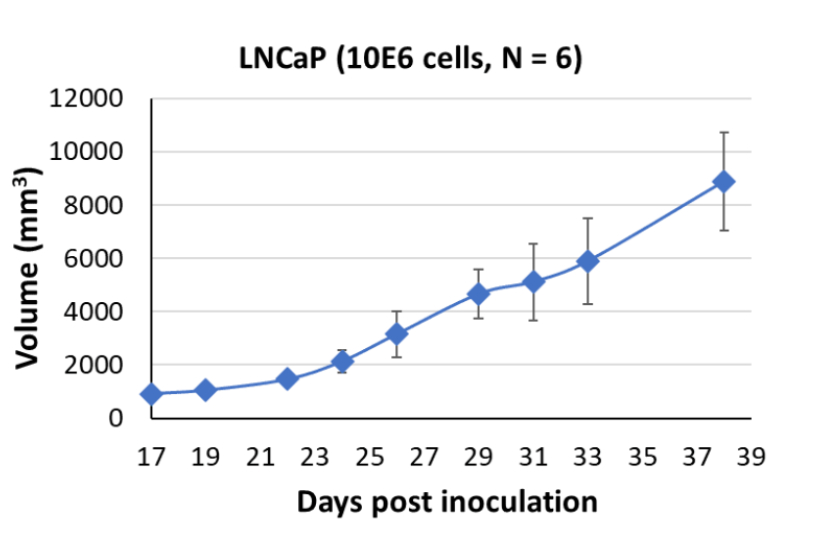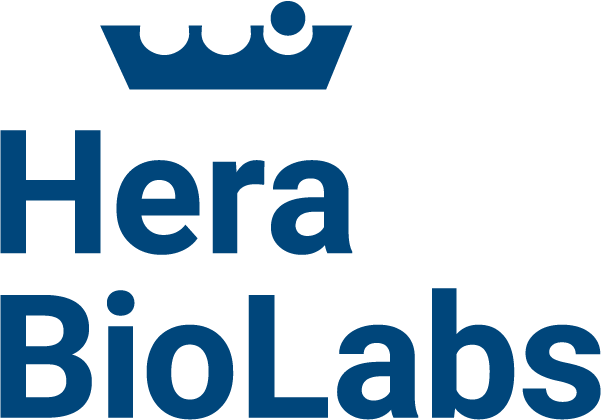About LNCaP
The LNCaP cell line, established in 1977 from a lymph node metastasis of a 50-year-old Caucasian male patient with prostate cancer, is a valuable tool for studying various aspects of this disease. Morphologically, LNCaP cells exhibit characteristics similar to epithelial cells and grow as adherent monolayers, providing a convenient system for in vitro experiments. One of the notable features of LNCaP cells is the expression of a mutated androgen receptor (AR) and prostate-specific antigen (PSA), both of which are markers of prostate cancer. The presence of these markers in LNCaP cells reflects their origin from prostate cancer tissue and signifies their relevance in studying the disease.
Notably, LNCaP cells are responsive to androgen deprivation therapies, which are commonly employed in the treatment of advanced prostate cancer. This sensitivity to androgen deprivation makes LNCaP cells a valuable model for investigating the mechanisms and effects of hormonal therapies.
In conjunction with PC-3 cells, whole cell patch clamping experiments have shed light on the link between voltage-gated ion channel properties and metastatic potential in LNCaP cells. Specifically, LNCaP cells were found to possess a higher membrane potential (corresponding to lower cell capacitance) compared to PC-3 cells. These electrophysiological differences between LNCaP and PC-3 cells suggest that distinct ion channel characteristics may contribute to the tumorigenic potential and metastatic behavior of LNCaP cells. This finding highlights the importance of investigating ion channel activity and its potential role in prostate cancer progression.
Validation Case Study: LNCaP Prostate Cancer Cell Line

In vivo, specifically xenografts in the SRG rat, LNCaP cells form tumors characterized by cystic, friable, and necrotic features. These tumor characteristics resemble aspects of aggressive prostate cancer observed in patients, further validating the relevance of LNCaP cells as a model system. The ability to generate tumors with similar histological properties in animal models provides researchers with a platform to investigate the behavior and responses of LNCaP cells within a tumor microenvironment.
LNCaP Products & Services
Xenograft Efficacy Studies
Includes collection of blood, tissues & tumor for ADME, PK/PD and analysis.
(Bi)weekly Tumor Sampling
Via fine needle aspiration (FNA). For longitudinal evaluation of drug exposure, histology and gene expression.
OncoRats
Cutting edge models optimized for engraftment.
Get help with LNCaP in your research by scheduling a call with Hera.
References
- Laniado et al. 2001 Voltage gated K+ channel activity in HPC 10.1002/pros.20178

